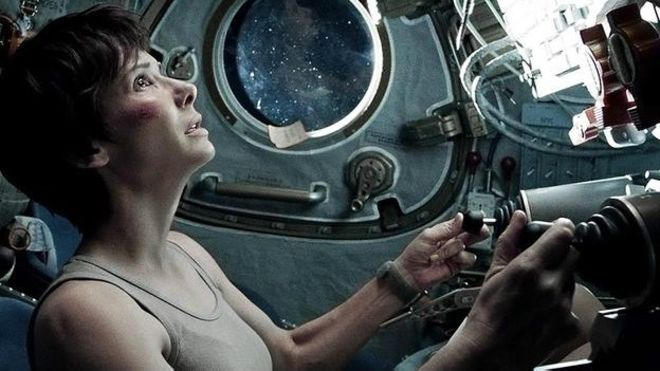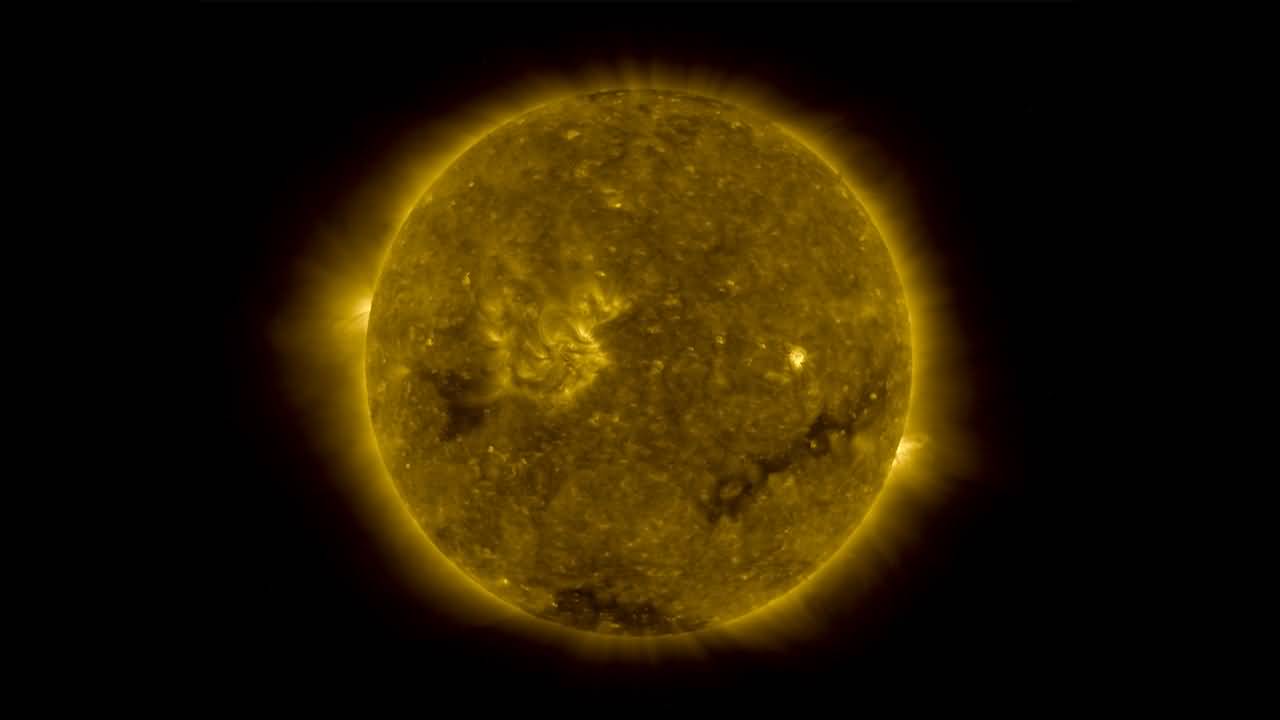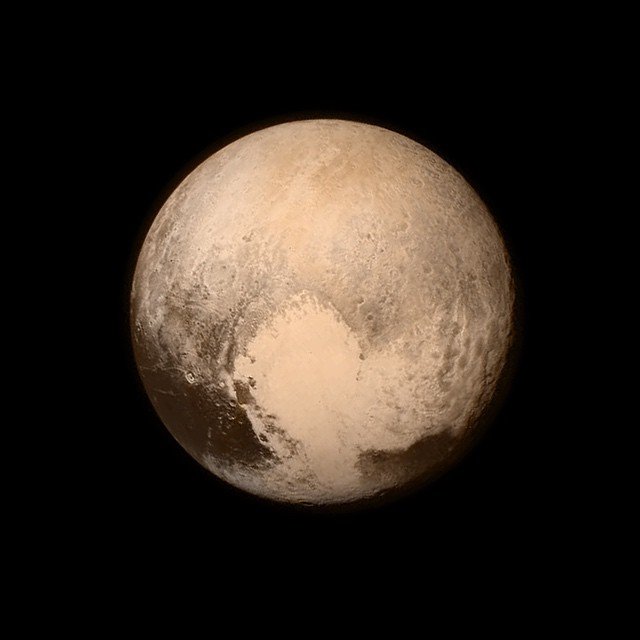How does space travel affect the human body?
Star Trek's famed Doctor McCoy said, "Space is a disease and a danger buried in darkness and silence." He's right: space travel can make you weak and tired, sick, and even depressed.
Experts say that space does not offer a suitable environment for human evolution. The effects of this journey on the human body are listed as follows:
10 seconds after takeoff: Loss of consciousness
The rocket is ready to launch, gaining speed. Because of the g-force—the force exerted on your body during acceleration—your body weight feels four times heavier than normal. Rooted to your seat, even moving an arm becomes extremely difficult.
G-forces push blood toward the feet, but blood must flow to the brain to maintain consciousness. Even under lower g-force conditions, fighter pilots experience blurring of vision and loss of vision due to the decrease in blood pressure to the brain. In conventional spacecraft, such as the Russian Soyuz spacecraft, astronauts are positioned so that they feel the impact of this acceleration on their chests during liftoff.
 10 minutes after takeoff: Nausea
10 minutes after takeoff: Nausea
One of the first complaints astronauts experience after liftoff is nausea and vomiting. The lack of gravity in the inner ear affects balance, coordination, sense of direction, and the ability to track moving objects.
In addition to causing vomit to fly around in the space capsule, space sickness can also prevent astronauts from performing their assigned tasks.
Two days after departure: Facial swelling
One of the complaints astronauts have is nasal congestion. Being in space creates a feeling similar to standing on your head. Fluids begin to accumulate in the upper body, causing facial swelling, much like swelling in the feet during long flights.
The body tends to draw fluid upward. This tendency is further amplified by the decrease in gravity, causing tissue swelling.
Astronauts' vision also begins to deteriorate, but the cause is not yet known.
One week after departure: Muscle and bone loss
Without gravity, the body begins to deteriorate. Gravity is crucial for organ health. In experiments conducted on rats, some muscles lose up to a third of their volume within 7-10 days, representing significant deterioration.
Heart muscle deterioration also occurs. This might not be a major problem if you're staying at the space station, but if you're landing on Mars, for example, the astronaut won't be able to walk.
To maintain their physical health, all astronauts must do an hour of cardiovascular and weight-bearing exercise every day. Even then, they often have difficulty walking when they land six months later.
The lack of gravity also causes bone loss. This also means that excess calcium is released into the blood.
 Two weeks after departure: Insomnia
Two weeks after departure: Insomnia
The astronauts' light-dark cycles have been completely disrupted, leaving them struggling to sleep. They have difficulty adjusting to artificial nighttime, especially since they witness a new sunrise every 90 minutes while in orbit around the Earth. Sleeping in a sleeping bag attached to the wall is also difficult.
To mitigate this, dimmable sleeping compartments have been created for astronauts, and a new LED lighting system is being tested to break up the harshness of artificial light.
One year after departure: Diseases
Space travel has extremely negative effects on the immune system. Animal experiments have shown that the ability of white blood cells to fight off microbes in space is reduced. This is also due to the lack of gravity.
More problematic is radiation in space. Astronauts report witnessing bright bursts of light in space. The space station is orbited slightly closer to Earth's atmosphere to protect it from these rays. However, long-duration flights to the Moon or Mars expose astronauts to radiation hazards.
However, long-term studies on astronauts have shown that they do not have a higher risk of cancer.
Two years after takeoff: Depression
A 2010 study examined the stress caused by the isolation of long-term space flights by keeping six people in a test environment in Moscow for 520 days, pretending to be traveling to Mars and back. While the departure was uneventful, the return to Earth proved more challenging, making the journey tedious and sparking conflict.
Experts are focusing on the psychological challenges that can arise from traveling in a confined, cramped tin can floating in the endless void of space. They emphasize the importance of mental health, as well as physical health. Therefore, choosing the right astronauts is crucial.
To further investigate the effects of long-term space travel, NASA is planning a year-long study at the International Space Station next year.









